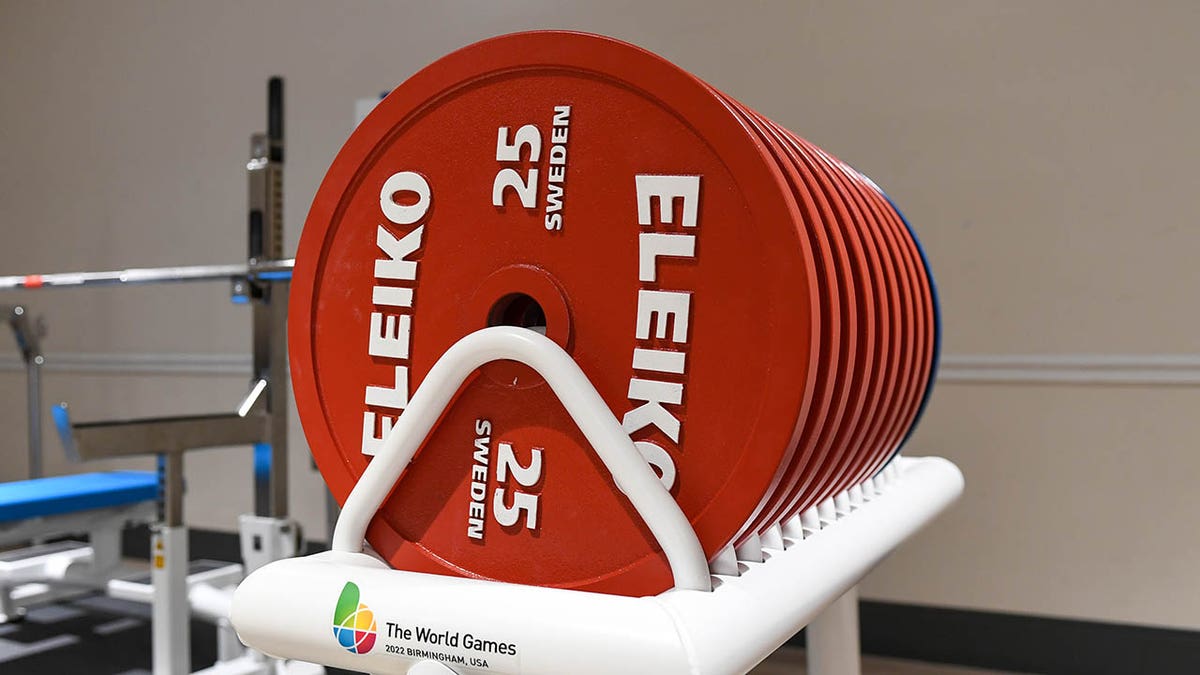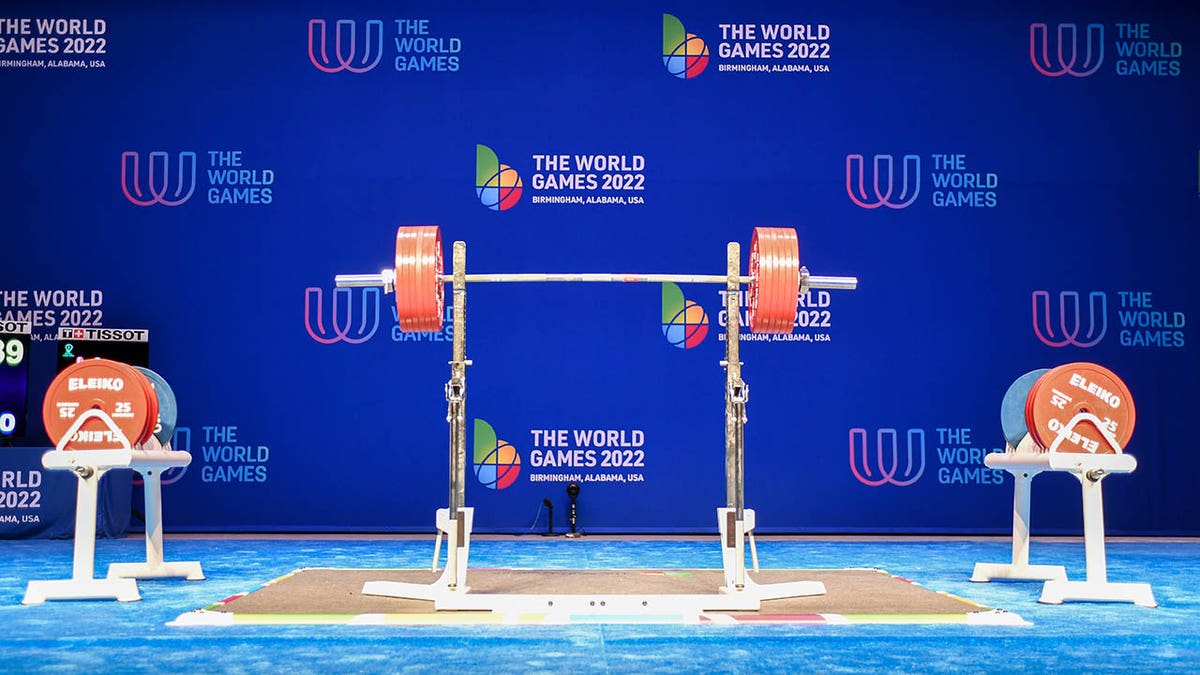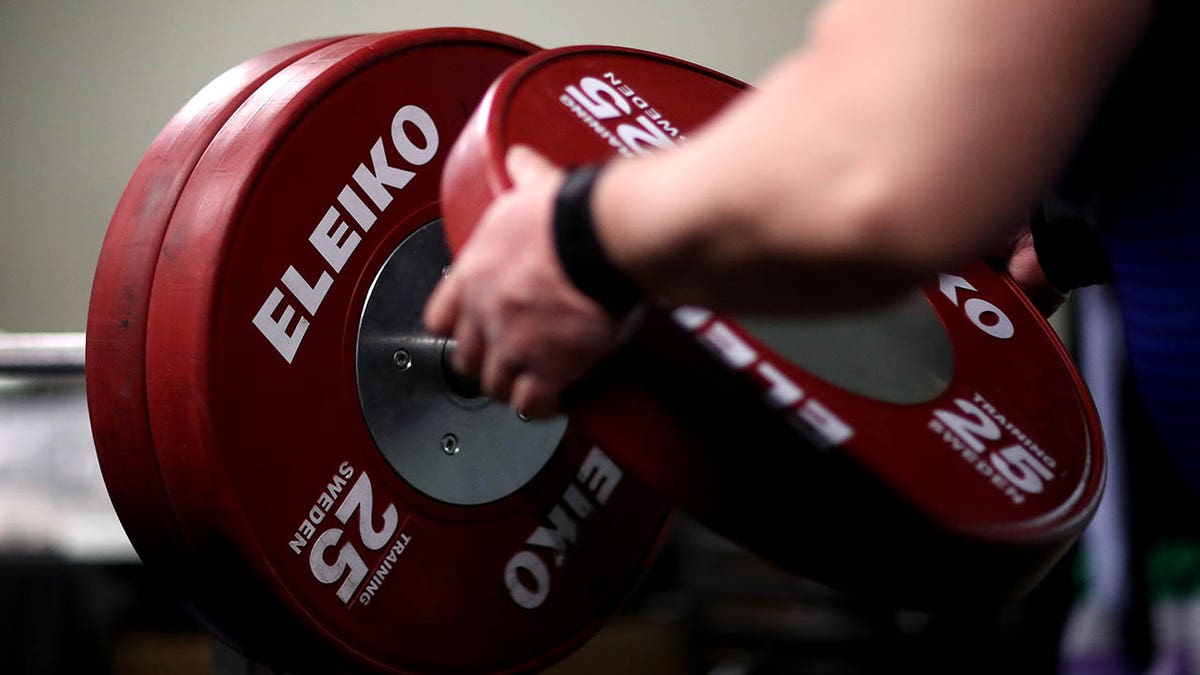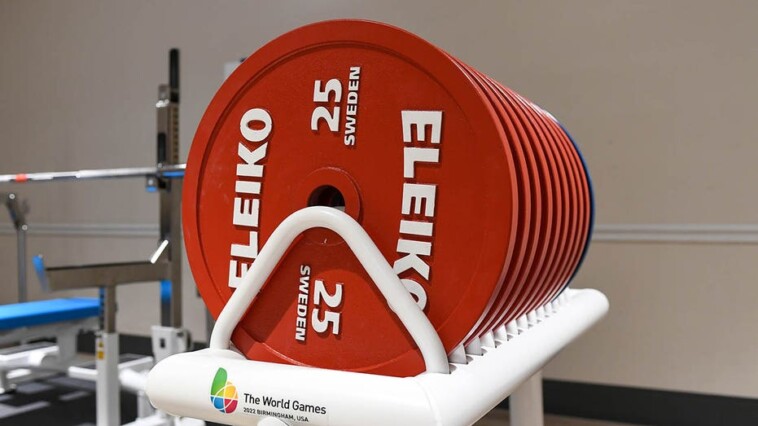A yearslong case surrounding a transgender female powerlifter reached the Minnesota Supreme Court on Tuesday where opening arguments were heard.
JayCee Cooper, sued USA Powerlifting in 2021 after being rejected from the women’s team three years earlier. In the complaint, Cooper alleged the organization violated the Minnesota Human Rights Act, which prohibits discrimination against people “having or being perceived as having a self-image or identity not traditionally associated with one’s biological maleness or femaleness.”
A district court ruled last year that the organization discriminated against Cooper, which spurred a mandate that the federation “cease and desist from all unfair discriminatory practices” because of sexual orientation and gender identity.
CLICK HERE FOR MORE SPORTS COVERAGE ON FOXNEWS.COM

A yearslong case surrounding a transgender female powerlifter reached the Minnesota Supreme Court. (Kevin Langley/Icon Sportswire via Getty Images)
The federation appealed the decision; Cooper then cross-appealed, and on Monday, the Minnesota Court of Appeals decided the athletic league did not discriminate against the individual.
On Tuesday, the court asked Ansis Viksnins, USA Powerlifting’s attorney, why banning Cooper from women’s competition was not “discriminatory.”
Viksnins responded it was not “based on gender identity.”
The court asked if the policy would be equal had it been based on race or religion, comparing Cooper’s case to a hypothetical in which Catholics were to be better bowlers — but the comparison was shut down.
“There is no legitimate, nondiscriminatory reason why there could be separation based on religion or national origin or race, whereas there is a legitimate, nondiscriminatory reason for separating and treating transgender or women differently,” Viksnins said.

JayCee Cooper, sued USA Powerlifting in 2021 after being rejected from the women’s team three years earlier. In the complaint, Cooper alleged the organization violated the Minnesota Human Rights Act. (Kevin Langley/Icon Sportswire via Getty Images)
“The motive here was to separate biological males into a category where they are competing against other people who were born biologically male, that if I could point out my client separate competitors three ways by age, weight and sex. They do not care about gender identity. They don’t care about sexual orientation.”
The federation opened an “open” category in 2021 “to serve all gender identities,” according to FOX 9 in Minnesota.
“Our goal at USAPL is to create rules and a framework that uphold the principles of fair play, not to exclude anyone,” said Larry Maile, President of USAPL in a statement to the outlet. “Since science shows those who were born biologically male have a profound physical advantage over female-born athletes, our responsibility is to define legitimate categories to fairly place athletes within them.”
A state court cited “increased risk of depression and suicide, lack of access to coaching and practice facilities, or other performance suppression common to transgender persons” as competitive disadvantages for transgender competitors, helping Cooper initially win the discrimination case.
According to Open Powerlifting, Cooper last competed at the 2022 AMP Classic Open Nationals in Texas and finished in third place out of three competitors in the division.

Cooper last competed at the 2022 AMP Classic Open Nationals in Texas and finished in third place out of three competitors in the division. (Alex Pantling/Getty Images)
CLICK HERE TO GET THE FOX NEWS APP
Cooper twice competed against a lone competitor — Rebecca Richnofsky — in the women’s raw 198+ open category in 2019, winning both times.
In the 2019 USPA National Championships, Cooper finished in fourth out of four competitors in that category.
Fox News’ Jamie Joseph contributed to this report.
Follow Fox News Digital’s sports coverage on X, and subscribe to the Fox News Sports Huddle newsletter.



